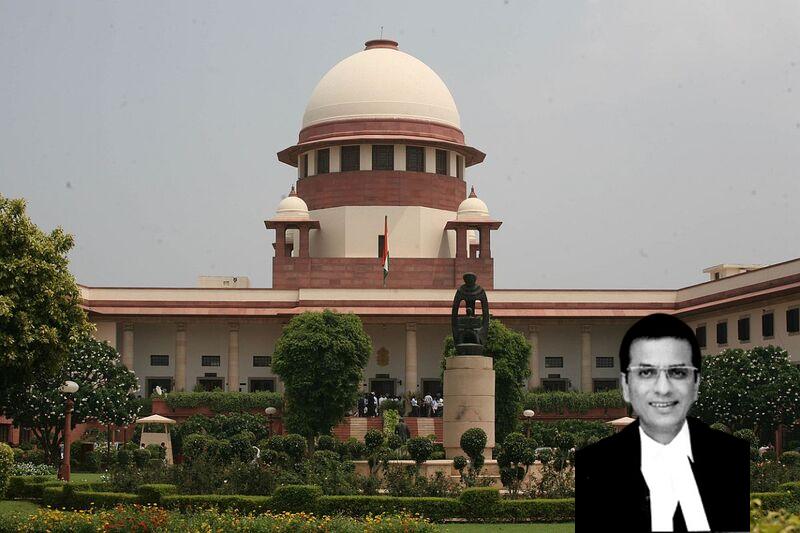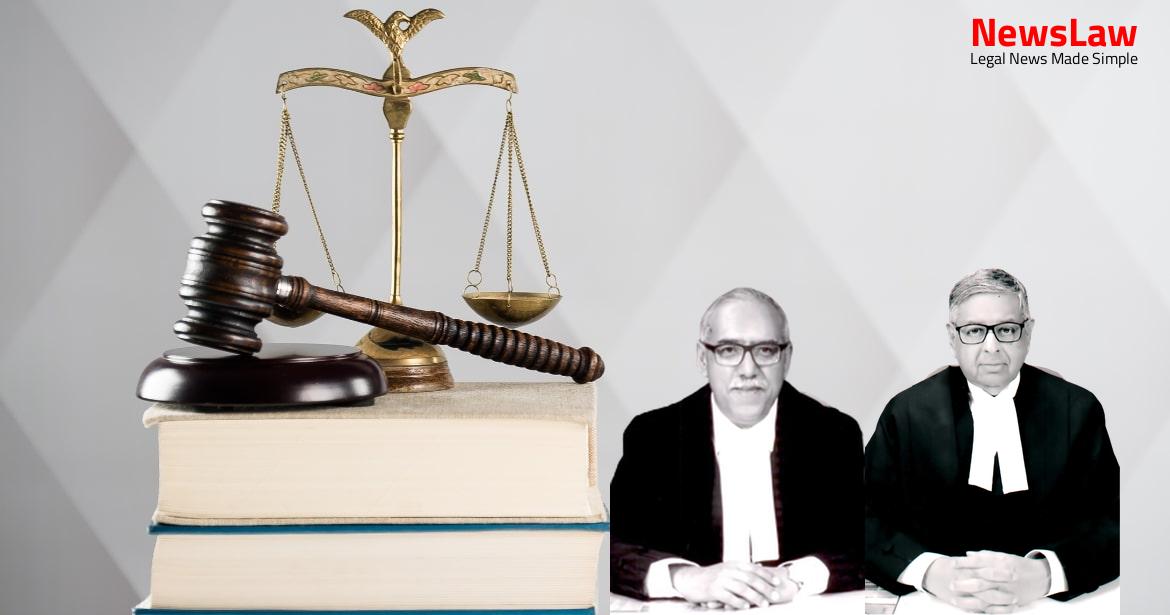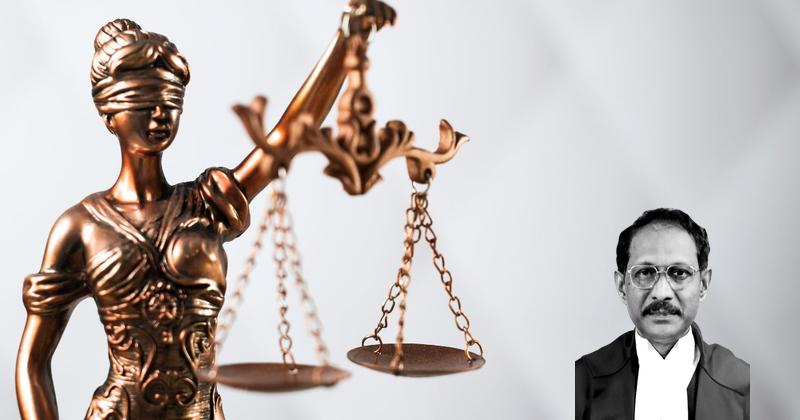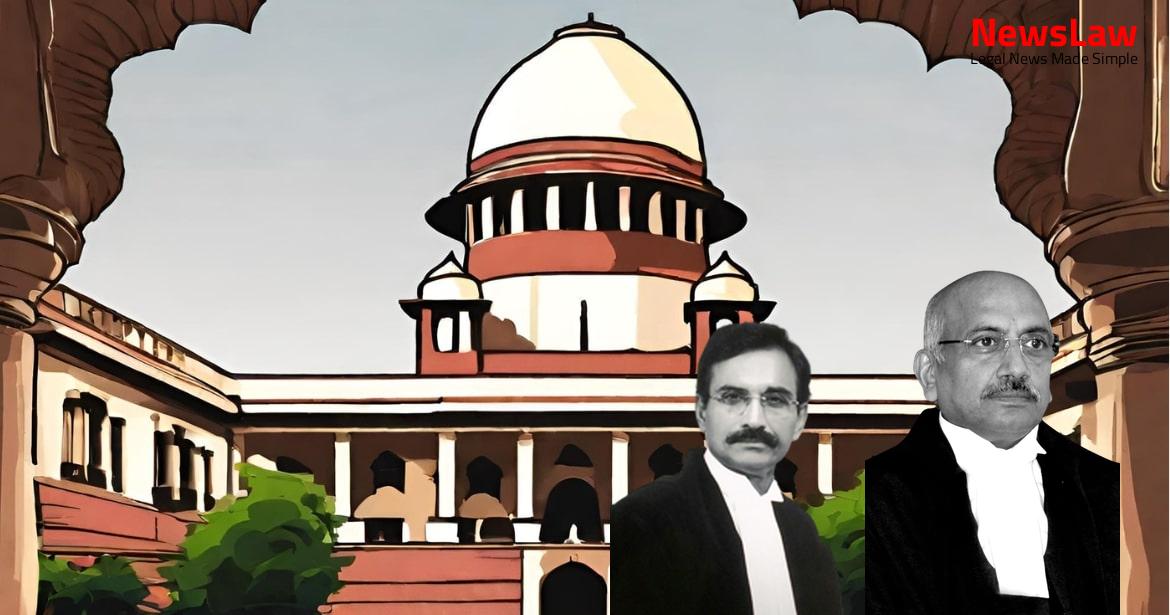They are- a)Does clause 4 of the Memorandum of Settlement dated 10 April 2002 create a bar on departmental proceedings continuing when the person subjected thereto is being tried before a criminal court for offences of the same origin? 3.2 Pursuant thereto, disciplinary proceedings were initiated against the respondent with the issuance of a Memorandum dated 8 December 1999, wherein it was alleged that he had received Rs.61,908 for a deposit on 19 April,1996 in respect of which a challan was issued, but the amount never deposited in the respective account. The Delinquent Employee, again denying the charges, filed a response to that but was eventually dismissed from the services at the bank, vide the order of dismissal dated 28 March 2003. Having discussed the background of the case, the Division Bench discussed the contention on behalf of the bank regarding the applicability of the Shastri Award and observed that the continuation of the disciplinary proceedings during the pendency of criminal cases would be an infraction, given para 521(3) thereof. Inviting attention to several decisions rendered by this Court, it is argued on behalf of the appellant-bank that (i) initiation of departmental proceedings binding criminal trial would not amount to an automatic stay unless, of course, a complicated question of law is involved in the matter; (ii) acquittal in a criminal trial in relation to the very same impugned action would not preclude the employer to initiate departmental proceedings; and (iii) mere non-compliance of the provisions of bipartite agreement, in attending facts, would not result in the disciplinary action to be void ab initio. Before proceeding to the merits of the issue at hand, it would be appropriate to reproduce clause 4 of the MoS dated 10 April 2002, which is the bone of contention in this dispute, for the delinquent employee contends an apparent embargo on proceedings with disciplinary enquiry when criminal cases arising from the same transactions are pending, and the appellant-bank submitting to the contrary of there being no such restriction.
If within the pendency of the proceedings thus instituted is put on trial, such proceedings shall be stayed pending the completion of the trial, after which the provisions mentioned in Clause 3 above shall apply.” (Emphasis Supplied) 13. It would be evident from the above decisions that each of them starts with the indisputable proposition that there is no legal bar for both proceedings to go on simultaneously and then say that in certain situations, it may not be ‘desirable’, ‘advisable’ or ‘appropriate’ to proceed with the disciplinary enquiry when a criminal case is pending on identical charges. While it is not possible to enumerate the various factors, for and against the stay of disciplinary proceedings, we found it necessary to emphasise some of the important considerations in view of the fact that very often the disciplinary proceedings are being stayed for long periods pending criminal proceedings. If said proceedings are on identical/similar facts and if the charges levied against the delinquent employee are of a serious nature, then it would be desirable if the departmental proceedings are stayed till the conclusion of the other. It must be remembered that departmental proceedings cannot be unduly and unjustly delayed. As is evident from the judicial pronouncements referred to above, it may be desirable or, in certain circumstances, advisable for disciplinary proceedings to be stayed when criminal proceedings are ongoing; however, stay is not “a matter of course” and is only to be given after consideration of all factors, for and against. Union of India it was observed that the question whether departmental proceedings could have continued in the face of acquittal in criminal proceedings had no force as “the nature and scope of a criminal case are very different from those of a departmental disciplinary proceeding and an order of acquittal, therefore, cannot conclude the departmental proceeding 17.2 In C.
Acquittal by a criminal court would not debar an employer from exercising the power to conduct departmental proceedings in accordance with the rules and regulations. It is only after the completion of the entire process of disciplinary proceedings that the delinquent employee, in February 2005, seeking reliance upon clause 4 of the MoS, filed a writ petition challenging the action, which, to our mind, was a belated attempt, only to forestall its implementation. Applying all of the above-noted principles to the facts of the case, we find that neither was it the case of the delinquent employee that the trial to which he was subjected to begin within one year of the commission of the offence nor does the record speak to this effect.
Contrary to the conclusion arrived at by the High Court in Writ Appeal, Kakkar (supra) furthers the position of the appellant-bank as it states, “acquittal in the criminal case is not determinative of the commission of misconduct or otherwise, and it is open to authorities to proceed with the disciplinary proceedings, notwithstanding acquittal in the criminal case.” 27. Every officer/employee of the bank is required to take all possible steps to protect the interests of the bank and to discharge his duties with utmost integrity, honesty, devotion and diligence and to do nothing which is unbecoming of a bank officer. 29.2 The nature of proceedings being wholly separate and distinct, acquittal in criminal proceedings does not entitle the delinquent employee for any benefit in the latter or automatic discharge in departmental proceedings. (HRISHIKESH ROY)……………………….J.



